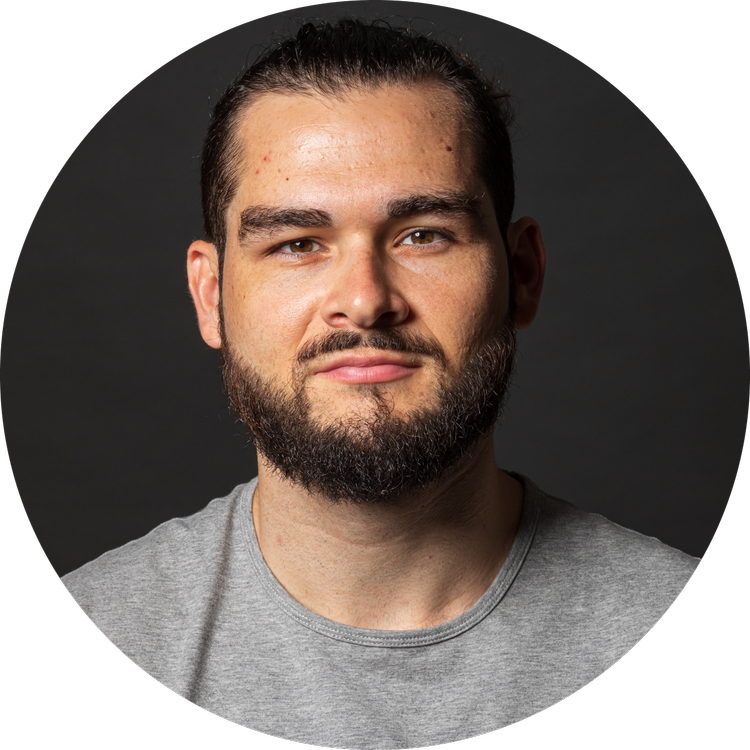WHAT THE SCIENTIFIC METHOD MEANS IN MY WRITING
At the top of every article, I denote one of the following categories. By following this scientific method, I am using these categories and the following definitions to pinpoint how valid and verified the idea is.
Observation: a thing I’ve noticed but has no formal research to verify the claim. e.g. r/ShowerThoughts
Theory: an idea that has been borne out of or loosely supported by other anecdotes e.g. Maslow saw this too
Evidence-Based: when I have personally used the theory to gain real results e.g. a tool in marketing that made money, or a personal strategy I’ve used to improve my life
Widely-Supported Theory: a theory that has been verified numerous times e.g. controlled experiments by institutions or authorities of a field
WHY I WRITE WITH DENOTATIONS OF THE SCIENTIFIC METHOD
I write, for one, because I love it. But more so because I believe I am highly observational and self-aware, which is the secret sauce that has given me the insights to do original things such as placing Yang on podcasts or branding him with a MATH hat. My life has been filled with observation, and I think I have original things to say.
I hesitate to write because I recognize that over the 3,000 years of critical thinking that humans have passed down, pretty much everything on the human condition has been said and anything new is usually a derivative based on the implications of an invention (e.g. social media makes teens sad because [insight].)
Hesitation number two is that the scientist in me struggles to promote unverified theories as truths. A younger version of me would have sworn to you that 5 or 6 different things were the answers to life. Three years in politics and more years studying psychology have given me the clear wisdom that nothing is so simple. As the expression goes, I’d rather do good than feel good (feeling good would be sharing unproven/misleading claims on how to live life ‘cause I like the ideas).
This hesitant scientist in me, however, runs into heated conflict with the startup builder in me who is always screaming to launch fast and to accept mistakes as the best way to improve.
Playing into all of the above is my theory that the best teachers are those who have only recently learned something, even if that method is slightly imperfect. My theory is based on the Conscious Competence Learning Matrix (CCLM) (see below). The CCLM is a theory on how we learn. TLDR we have four phases of ‘knowing’ information, below is an example of the ideas of CCLM applied to me as an example.
UNCONSCIOUS INCOMPETENCE (aka: We Don’t Know We Don’t Know):
Me at 21-years old being scared to commit to a girlfriend and thinking I’m awesome.
CONSCIOUS INCOMPETENCE (aka: We Know We Don’t Know):
Me at 24-years old realizing I have commitment issues, but unsure what that means or what words to use on Google to even find the answers.
CONSCIOUS COMPETENCE (aka: We Know, We Know):
Me at 27-years old, after reading 8+ books on trauma, codependency, and the psychology of child development, totally aware of why I have commitment issues, and how to deal with it.
I would be a good teacher because I know the answer, I know how to relate to people who don’t know the answer, and I know the exact path to finding the answer.
UNCONSCIOUS COMPETENCE (aka: We Don’t Know We Know):
Me at 50-years old, hardly able to remember I struggled to commit to relationships. I am inspirational in how much I know and the life I’ve built, but I am a shitty teacher because I cannot relate to those who don’t know the answer, and I have forgotten how I found the answer. At best I speak in generalizations that aren’t helpful at all.
With all of these items considered, I have made the totally courageous decision to write, to speak, and to open up regardless of being potentially wrong. However, to appease all members of my psyche, I have decided to denote at the top of my essays where within the scientific method the idea sits, just so it’s clear when I am arguing WHAT IS vs. WHAT OUGHT.

